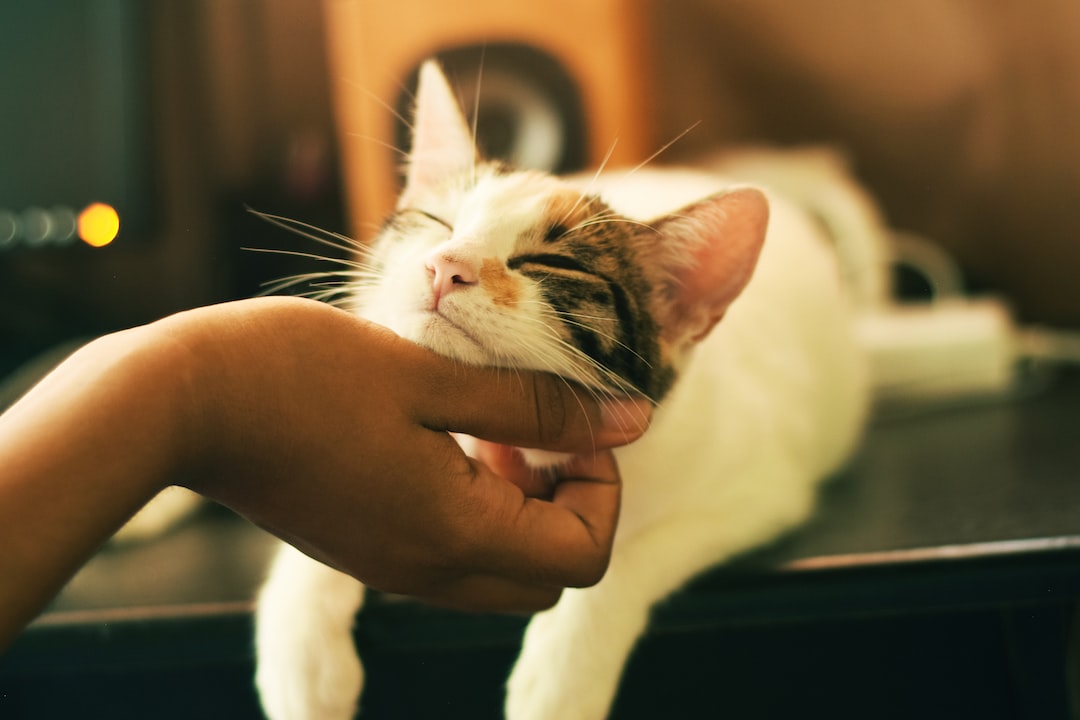Caring for Your Aging Pet: Tips for Assisting Senior Pets
Pets hold a special place in our hearts and become an integral part of our families. As they age, just like humans, they require special attention and care to ensure they live their golden years comfortably and happily. In this blog post, we will provide you with helpful tips on how to assist and care for your senior furry companion.
1. Regular Veterinary Check-ups: Prevention is better than cure, and this is especially true when it comes to senior pets. Regular veterinary check-ups are crucial to ensure early detection and management of age-related health conditions. Communicate openly with your veterinarian about any concerns you may have and follow their advice on vaccinations, medication, and diet changes.
2. Nutritious Diet: As pets age, their nutritional requirements change too. Consult your veterinarian to determine the best diet for your aging pet. Senior pets usually require a diet that is lower in calories, higher in fiber, and includes supplements to support their joint health. Feeding smaller, more frequent meals can also help with digestion and prevent weight gain.
3. Adequate Exercise: While it is important to adapt exercise routines to match your pet’s capabilities, regular physical activity remains essential for senior pets. Exercise helps maintain muscle mass, keeps joints strong, and prevents obesity. Adjust the intensity and duration of exercise according to your pet’s abilities, always considering any existing medical conditions.
4. Joint Support: Arthritis and joint pain are common issues among senior pets. Ease their discomfort by providing them with comfortable bedding, preferably orthopedic, to support their joints. You may also consider providing ramps or steps to help them navigate surfaces more easily. Joint supplements, as recommended by your veterinarian, can also improve mobility and reduce inflammation.
5. Dental Care: Oral health is vital for pets of all ages, but it becomes even more critical as they age. Regular brushing, dental treats, and chew toys can help maintain dental hygiene and prevent gum disease, which can lead to pain, tooth loss, and other health concerns. Schedule regular dental check-ups with your veterinarian to address any potential issues promptly.
6. Environmental Adaptations: Aging pets may experience changes in their senses or mobility. Accommodate these changes by making necessary adaptations at home. Install non-slip mats or rugs to prevent falls, ensure that food and water bowls are easily accessible, and consider placing litter boxes on the ground floor for cats who may have difficulty climbing stairs. These small adjustments can greatly improve your pet’s quality of life.
7. Mental Stimulation: Just like humans, senior pets need mental stimulation to keep their minds active and prevent boredom. Engage them in interactive toys, puzzle games, and regular playtime to provide mental stimulation and prevent cognitive decline. This not only keeps their brains sharp but also strengthens the bond between you and your furry friend.
8. Emotional Support: Aging can be a confusing and stressful time for pets. They may experience anxiety or fear due to changes in their routine or physical limitations. Offering emotional support through affectionate gestures, reassurance, and maintaining a consistent routine can help ease their anxiety and provide them with the comfort they need.
9. Medication Management: Senior pets often require medication for various health conditions. Proper medication management is crucial to ensure their well-being. Create a schedule to administer medications at the same time each day and stay organized by using pill organizers or reminders on your phone. If administering medication becomes challenging, consult your veterinarian for alternative methods or consider hiring a professional pet sitter or vet technician to assist you.
10. Love and Companionship: Last but certainly not least, provide your senior pet with love, companionship, and attention. They have been by your side through thick and thin, and now it is your turn to offer them the same unwavering support. Spend quality time together, engage in gentle petting and grooming, and show them appreciation for the joy and love they have brought into your life.
In conclusion, caring for your aging pet requires some additional effort and attention, but the love and companionship they provide make it all worthwhile. By following these tips, you can ensure that your senior pet lives out their golden years with comfort, happiness, and the dignity they deserve. Cherish every moment with your furry companion and make their twilight years the best years of their lives.

